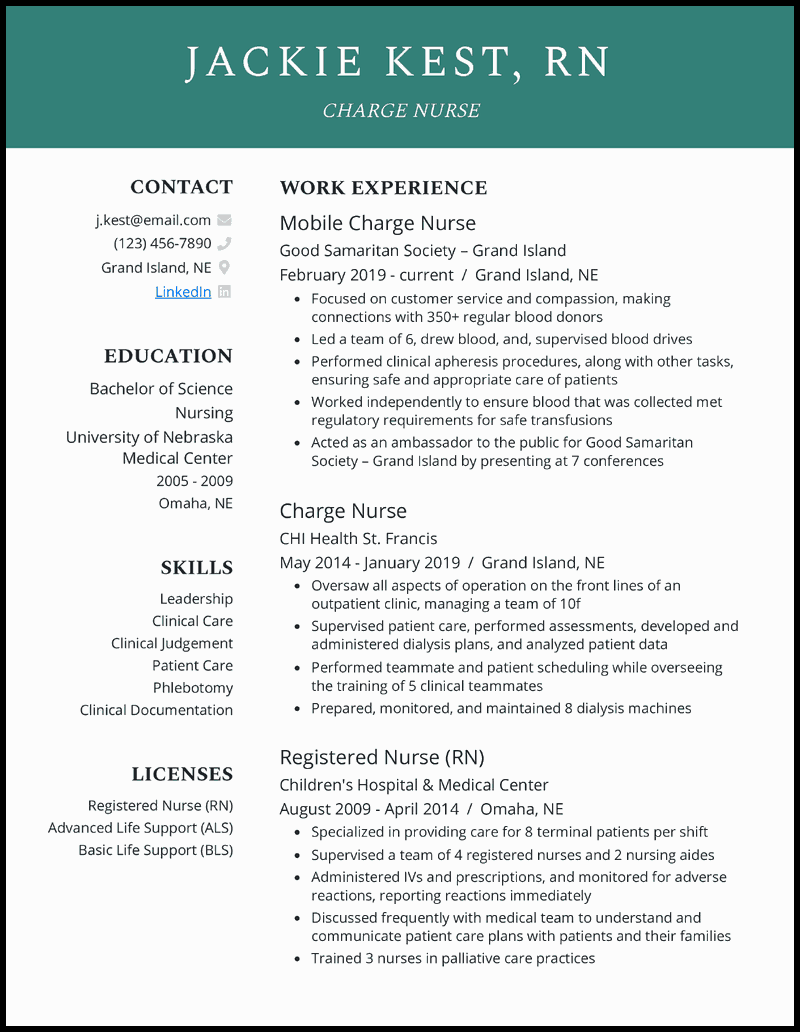- By : Admin
- Category : Uncategorized
In the competitive world of healthcare, your nursing resume serves as your first opportunity to make a lasting impression on potential employers. A well-written nursing CV is essential for unlocking your ideal career, whether you are an experienced nurse, a recent graduate, or a nursing assistant. With healthcare companies on the lookout for candidates who can provide compassionate care and work effectively within a team, it’s crucial to craft a resume that not only highlights your qualifications but also showcases your passion for patient care.
Navigating the intricacies of a nursing resume might seem daunting at first, but with the right guidance, you can develop a polished document that positions you as the perfect candidate for any nursing role. This article will walk you through the essential components of a successful nursing resume, offering tips for tailoring your application to stand out in a saturated candidate pool. From the key elements to include, like your professional summary and relevant certifications, to advice specifically tailored for new graduates and nursing assistants, we will provide you with everything you need to create a resume that truly reflects your dedication to the nursing profession.
Why a Good Nursing Resume Matters
A well-crafted nursing resume serves as your first introduction to potential employers, making it crucial to present yourself effectively. In a competitive job market, your resume needs to concisely showcase your relevant experience, skills, and passion for patient care. A polished resume can set you apart from other candidates and serve as a powerful marketing tool, highlighting your unique strengths and dedication to the nursing profession.

Beyond simply listing your past employment and education, a robust nursing resume paints a comprehensive picture of your capabilities. Employers in healthcare seek candidates who not only possess the necessary credentials but also demonstrate a compassionate approach to patient care and the ability to work collaboratively within a team. By emphasizing your clinical competencies, interpersonal skills, and resilience under pressure, your resume can make a lasting impression on hiring managers.
Crafting a good nursing resume also involves tailoring it to each specific job application. Customization allows you to align your qualifications with the needs of the healthcare facility, demonstrating your interest in the position and your readiness to contribute positively. A strong resume not only highlights your nursing expertise but also increases the likelihood of passing through Applicant Tracking Systems, positioning you as an ideal candidate for the role.
Nursing Resume Essentials
A well-structured nursing resume provides a clear and concise overview of your qualifications, ensuring that potential employers can quickly gauge your suitability for a position. To stand out in a competitive job market, it’s essential to focus on key elements that highlight your skills and experiences effectively. Incorporating the right sections allows recruiters to easily navigate through your achievements and understand your potential contributions to their healthcare team.
Among the most vital components is your professional summary, which serves as your introduction to potential employers. This brief statement should encapsulate your years of experience, core competencies, and what you can bring to the specific role you are applying for. Tailoring this section to match the job description demonstrates your keen interest in the position and provides a snapshot of your value as a candidate. For new graduates, emphasizing relevant clinical experiences is crucial to catch the attention of hiring managers looking for fresh talent.
Equally important is the inclusion of your educational background and licenses or certifications. New Grad Nursing Resume validate your qualifications and commitment to the nursing profession. Be sure to list your highest degree, the institution attended, and any honors received, while also detailing the necessary licenses you hold, along with their relevant expiration dates. This information not only reflects your educational accomplishments but also assures employers of your readiness to deliver competent patient care in a clinical setting.
Crafting Your Professional Summary
Your professional summary is the gateway to making a positive first impression on potential employers. This brief yet powerful section should encapsulate your experience, skills, and what you bring to the table. Be succinct but impactful, capturing the essence of your professional identity. Tailor your summary to the specific position you are applying for, highlighting your qualifications and aspirations in a way that resonates with the employer’s needs.
For seasoned nurses, the focus should be on clinical experience and specialized skills. Use action-oriented language to describe your expertise, such as patient education and collaborative care management. If you are a recent graduate, emphasize your clinical rotations and eagerness to contribute to quality patient care. This is your chance to not only outline what you have accomplished but also to convey your passion for nursing and the value you will add to the organization.
An effective summary is not just a statement of your skills; it is an opportunity to reflect your personality and commitment to the nursing profession. Use it to make a compelling case for your candidacy, showcasing both your technical competencies and your compassionate approach to patient care. Strive to leave a lasting impression that encourages recruiters to read further into your resume.
No Comments